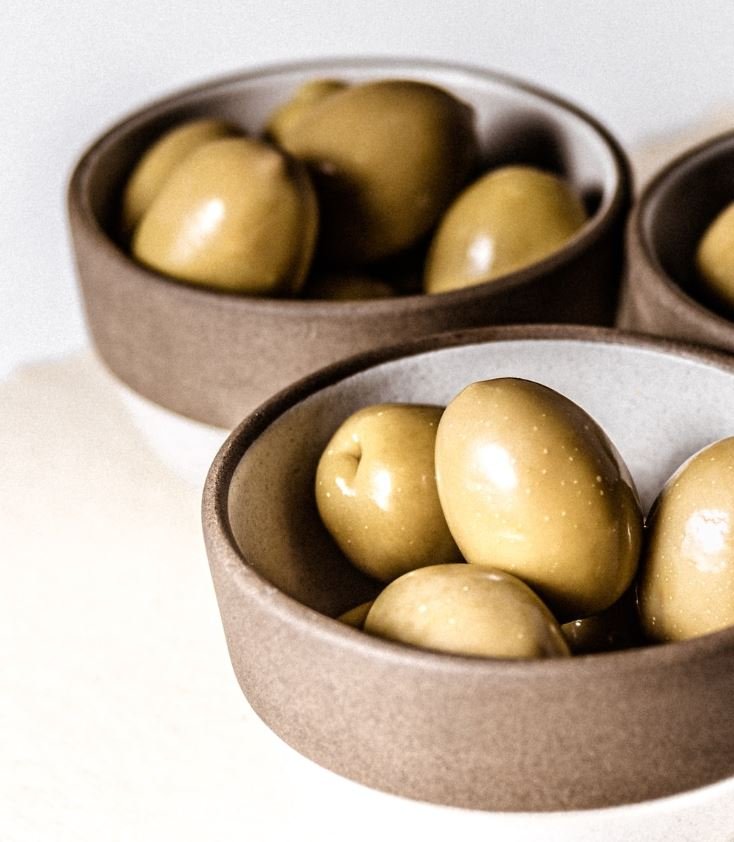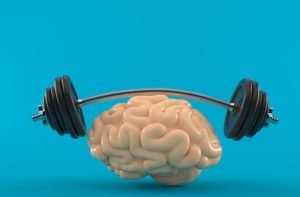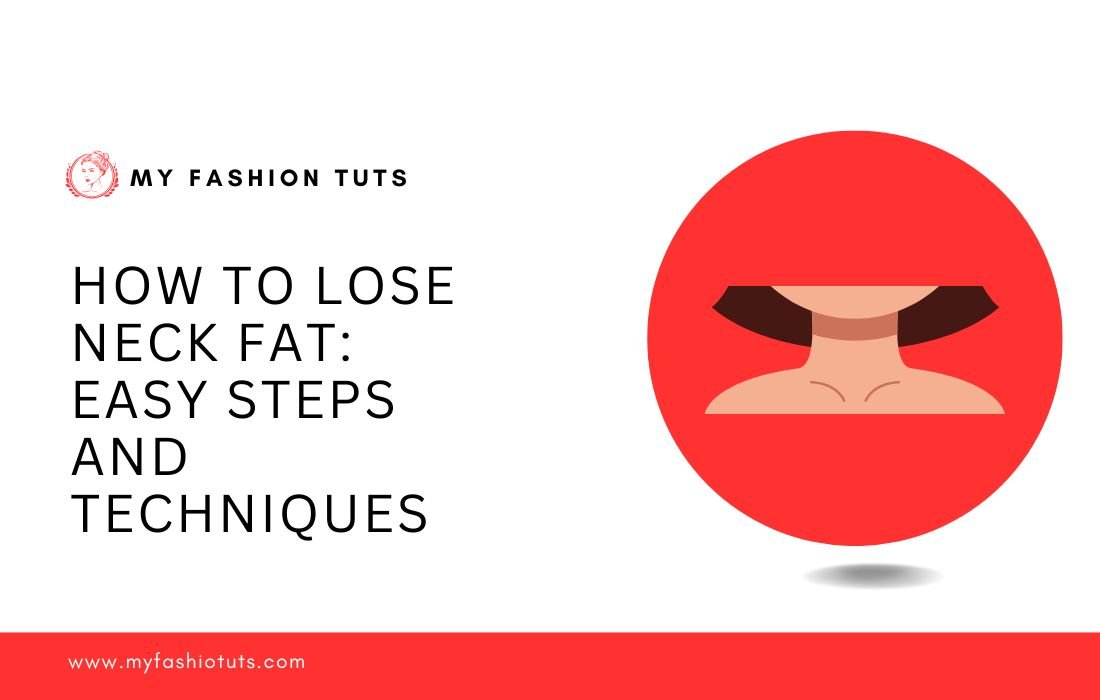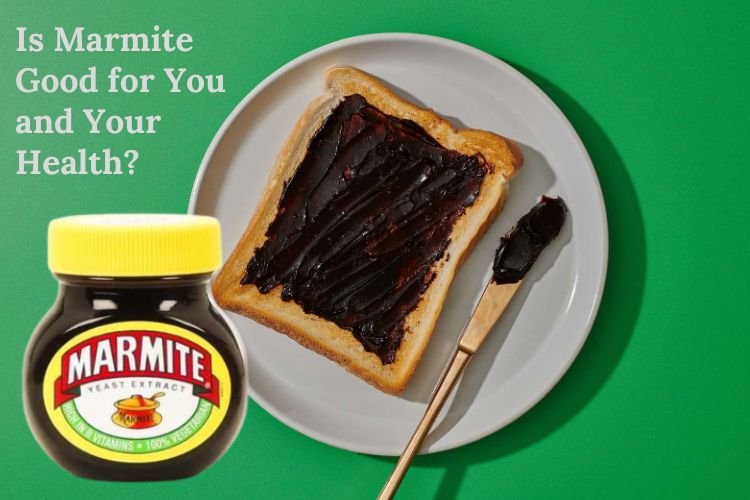
Olives are small, oval-shaped fruits that grow on the olive tree, which is native to the Mediterranean area. People have been eating them for thousands of years because they are good for their health. But like any other food, olives have some bad effects as well. In this piece, we’ll talk about how olives can help your health and how they might hurt you.
| Benefit | Description |
|---|---|
| Rich in Antioxidants | Protects against oxidative stress caused by free radicals |
| Heart Health | Supports healthy cholesterol levels and reduces risk of heart disease |
| Improved Brain Function | Promotes cognitive function, memory, and overall brain health |
| Weight Management | Aids in weight loss efforts by promoting satiety |
| Skin and Hair Health | Enhances skin elasticity, reduces inflammation, and promotes strong, shiny hair |
| Immune System Support | Provides nutrients like vitamin E, zinc, and selenium to boost immunity |
| Anti-Inflammatory | Reduces inflammation in the body, aiding in conditions like arthritis, asthma, and IBD |
| Bone Health | Supports bone mineral density and overall bone strength |
| Digestive Health | Regulates bowel movements and supports the growth of beneficial gut bacteria |
| Diabetes Management | Improves blood sugar control and reduces the risk of developing type 2 diabetes |
| Cancer Prevention | Protects cells from damage and may inhibit the growth of cancer cells |
Health Benefits of Olives
1. Rich in Antioxidants
Olives are full of antioxidants like vitamins A and E and phenolic substances like polyphenols. These antioxidants help protect the body from oxidative stress caused by free radicals, which can damage cells and lead to chronic diseases like heart disease and cancer.
2. Heart Health
Monounsaturated fats, like oleic acid, are found in olives in large amounts. Studies have shown that eating monounsaturated fats can help lower LDL (bad) cholesterol and raise HDL (good) cholesterol. This can make you less likely to get heart disease or a stroke.

3. Improved Brain Function
Olives may help the brain work better because they contain antioxidants and good fats. Research shows that eating a lot of these nutrients can help improve brain health, memory, and cognitive function.
Check out: Healthy Curls: The Best Non-Toxic Hair Care Products for Curly Hair

4. Weight Management
Olives can help you lose weight because they are low in calories and have good fats. They can make you feel fuller for longer, which can help you cut back on calories and lose weight.

5. Skin and Hair Health
Olives’ vitamins and antioxidants can help keep your skin and hair in good shape. They help keep the skin flexible, reduce redness, and protect it from UV damage. Olives also have healthy fats that can help make hair strong and shiny.

6. Strengthening the Immune System
Olives have a lot of vitamin E, zinc, and selenium, which help keep your nervous system healthy. These nutrients keep you fit and help your body fight off infections.

7. Anti-Inflammatory Properties
Olives can help reduce inflammation because they have antioxidants and good fats. A diet high in these nutrients may help lower inflammation in the body, which can help with conditions like arthritis, asthma, and inflammatory bowel disease.
8. Bone Health
Some studies show that the nutrients in olives, such as calcium, vitamin K, and polyphenols, may help keep bones healthy and avoid osteoporosis. Together, these nutrients help keep the mineral density and general strength of the bones.

9. Digestive Health
Olives have fiber and polyphenols, which can help keep your digestive system healthy. They can help control bowel motions and help good bacteria grow in the gut, which can improve gut health and make digestive problems less likely.

10. Diabetes Management
Olives are a good snack for people with diabetes because their healthy fats and low carbohydrate level can help control blood sugar. Studies have shown that eating a lot of monounsaturated fats may make insulin work better and lower the chance of getting type 2 diabetes.

11. Cancer Prevention
Some research shows that olives’ antioxidants and anti-inflammatory compounds may help prevent cancer. They protect cells from damage that can cause cancer and may even stop cancer cells from growing.

Side Effects of Olives
1. High Sodium Content
One of the main problems with olives, especially canned or jarred ones, is that they have a lot of salt in them. Too much salt in the body can cause high blood pressure, heart disease, and problems with the kidneys. If you’re watching how much sodium you eat, choose low-sodium olives or eat them in small amounts.
Read more: Winter Skincare Tips & Home Remedies to Keep Your Skin Moisturized
2. Allergies
Olives or olive pollen can sometimes make people sick, but it is rare. Some of the symptoms are burning, hives, and trouble breathing. If you think you might be allergic to olives, you should talk to your doctor to find out more and get advice.

3. Potential Interaction with Medications
Some medicines, like blood thinners and blood pressure medicines, may not work well with olives and olive oil. Before adding olives to your diet, you should talk to your doctor if you are on any kind of medicine.

Conclusion
Olives are good for your health in many ways, from helping your heart to preventing cancer. But they may also have side effects, such as a high sodium content and the chance of an allergic response. You can get the benefits of olives while minimizing any risks by eating them in moderation and choosing types with less salt.
FAQs
1. Are olives safe to eat during pregnancy?
Yes, olives are generally safe to eat during pregnancy. However, it’s important to consume them in moderation and opt for low-sodium varieties to avoid excessive sodium intake.
2. Can I eat olives every day?
Yes, you can eat olives every day, but it’s crucial to consume them in moderation, especially if you’re watching your sodium intake.
3. What is the best way to store olives?
Store olives in an airtight container in the refrigerator. Proper storage can help keep them fresh and maintain their flavor.
4. Are black and green olives equally nutritious?
Both black and green olives are healthy, but they have slightly different nutritional values. Most of the time, black olives have more good fats, while green olives have more antioxidants. Both kinds have their own health benefits, so it’s good to eat both of them.
5. Are olives a good snack for weight loss?
Yes, olives can be a healthy snack for weight loss due to their low-calorie ability to promote satiety. Just be mindful of portion sizes and opt for low-sodium varieties to avoid excessive sodium intake.
Based on: wellhealthorganic.com:11-health-benefits-and-side-effects-of-olives-benefits-of-olives
Read more: Diet for Excellent Skin Care: Oil is an Essential Ingredient








